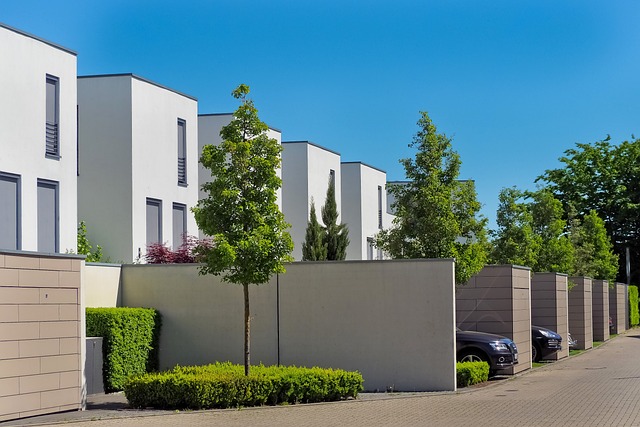5 Traps To Be Aware Of When Buying New Property
Buying a brand-new property can be an attractive option for many property buyers. With the potential for incentives from the government and the ability to personalise your new home, it’s easy to see why. But before you take the plunge, there are some potential traps that could catch you out if you’re not careful. In this article, Brisbane Buyers Advocacy will explore five of these traps to be aware of when buying new property. From paying for others’ profits to higher risk of settlement default, understanding these factors could save you a lot of time and money in the long run.
Paying for Others’ Profit
When it comes to buying a brand-new house or land package, you’re not just paying for the property itself – you’re also contributing to the profits of everyone involved in the development process. Every step in this process has a cost attached and every consultant, contractor or company engaged along the way will make a profit – meaning that hidden fees and unfair markups are added into your purchase price. This can result in long term costs which may not be obvious when you’re making the purchase, so it’s important to research all details thoroughly before committing. Additionally, faulty materials or incomplete workmanship could be present in new properties due to rushed construction timelines, so always ensure that everything is checked properly prior to signing on the dotted line.
Low Capital Growth in New Property
It’s important to note that the capital growth of a new property can often be lower than expected due to the rapid depreciation of its building materials and slower appreciation of land value. This is because, in most cases, land taxes associated with the purchase will add extra costs to buyers, as well as any cost overruns associated with the construction process. Additionally, when it comes time for resale, market influences such as buyer preference and availability of similar properties in close proximity can further reduce the potential capital growth from these new properties.
Uncertainty in Quality and Building Issues
You can’t be sure of the quality of a new house and land package, so it’s important to do research on the builder in order to avoid any nasty surprises that could sink your investment. You should look into the builder’s construction standards, check for any design flaws or overpricing, and understand what kind of community development they are involved with. Additionally, you should also get legal advice to ensure that all documents are in order before signing off on the purchase. Buying a brand-new property is an exciting venture, but one must always be aware of potential pitfalls that may arise from uncertain quality and building issues.
Unknown Surrounding Neighbourhood
Exploring the surrounding neighbourhood is key when considering a new home purchase, as you want to make sure it’s the right fit for you. Not only should you consider factors such as safety and future development of the area, but also take into account any tax implications that may arise from buying a brand-new property. It is important to do your research on reputable builders in the area, and what financing options are available for your specific circumstances. Buying a brand-new house and land property comes with many unknowns, including the quality of construction and how it will look once all homes around it have been built – so being aware of these potential issues is essential before committing to such an investment.
Higher Risk of Settlement Default
When buying a brand-new house and land package, it’s important to be conscious of the higher risk of settlement default, as it can leave buyers in a difficult financial situation – similar to being caught in quicksand. For example, one homebuyer found themselves over $20,000 short when a pre-settlement valuation came back lower than expected. This could mean increased costs due to delayed completion or even longer contracts with unreliable builders. It may also result in increased maintenance costs due to the age and quality of materials used in the construction process. Therefore, it’s essential that you understand this risk before committing to purchase so that you can protect yourself from unexpected expenses and potential financial losses further down the line.
Conclusion
Buying a brand-new house and land property may seem like an attractive option, but it’s important to be aware of the potential traps. On average, new builds depreciate by 7% in the first year alone, meaning you could be paying for someone else’s profit. From quality control to settlement defaults and unknown neighbourhoods, there are plenty of risks associated with buying new property that need to be considered. Ultimately, it pays to do your research and ensure you know exactly what you’re getting into before signing on the dotted line. To navigate these challenges and make an informed decision, it is highly recommended to consult a buyer’s agent who can provide expert guidance and help you avoid costly pitfalls along your property journey.


Got something to say?